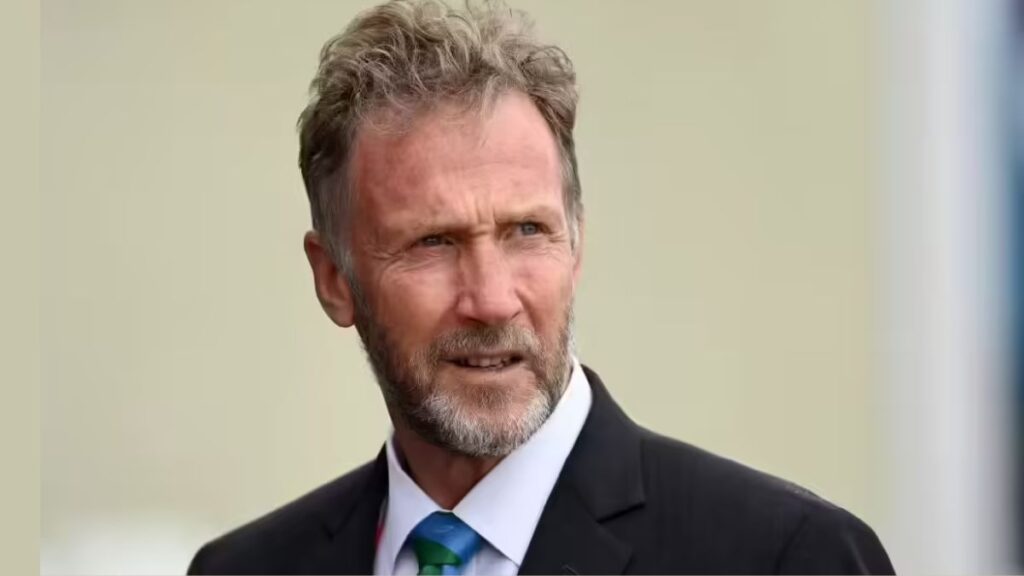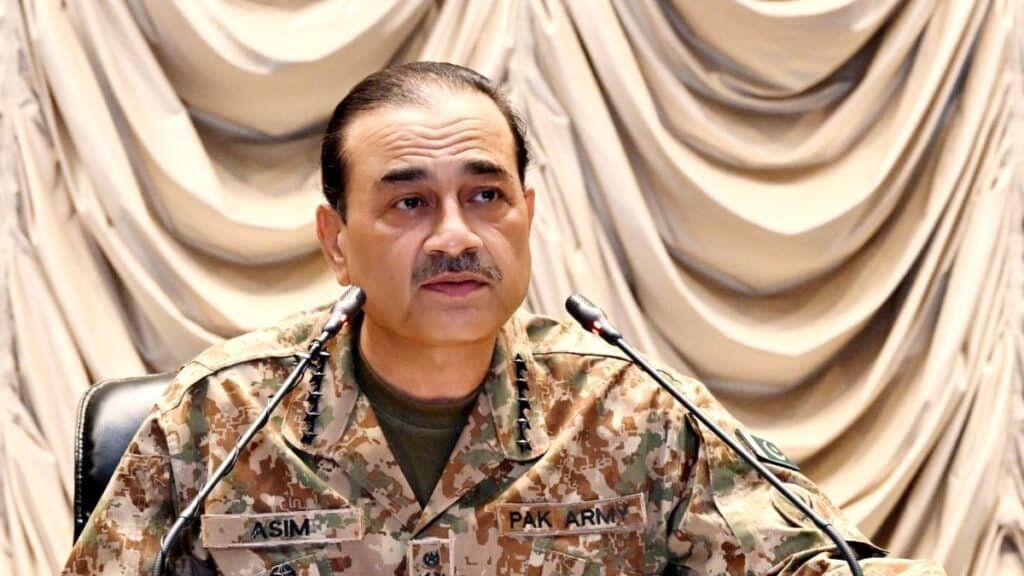ISLAMABAD (Kashmir English): The International Cricket Council (ICC) has long been accused of being pro-India, and the latest indication of this came from a member of its own ranks, former match referee Chris Broad.
In an open-hearted interview with The Telegraph, the Englishman said that he was once instructed to “be lenient” so that India would not be penalized on an over-rate in an international match.
“India were three or four overs short at the end of a game, so it amounted to a fine,” Broad added. “I received a call saying, ‘Be kind, find some time because it’s India.’ So we had to find some time and reduce it below the limit.”
Chris Broad further reported that the same thing happened in the very next game, featuring then-Indian skipper Sourav Ganguly.
“The same thing happened. He did not respond to any of the hurry-ups, so I called and asked, ‘What do you want me to do now?’ and was told, ‘Just do him.'”
He also denounced the ICC’s internal politics as alleging that the governing authority has grown more and more dominated by India’s financial power.
“Once Vince van der Bijl (former ICC umpires manager) left, the management became weaker. India got all the money and has now taken over the ICC. I’m actually glad I’m not part of it anymore, it’s far more political now than it ever was.”
Chris Broad, who was an ICC match referee between 2003 and early 2024, officiated over 620 global matches across all formats, 123 Tests, 361 ODIs, and 138 T20Is.
Even though he has been so experienced, he came out to state that his contract had not been renewed last year, even though he had said he wanted to stay.
I was always the type of person who thought about right and wrong,” he told us. “But in parts of the world, it’s a little like the River Ganges, right and wrong are that far apart, and there’s a whole lot of dirty water in between. To survive 20 years in that politically charged atmosphere was an effort.
The ICC has faced criticism for its perceived support of the Indian cricket team over the past few years. From boardrooms to fixture calendars, critics feel that the organization is riddled with former members of the BCCI who allegedly further agendas that are skewed in favor of creating favorable situations for India and demoting its challengers. It has even become common in cricketing circles to call the ICC the “Indian Cricket Council.”
Instances quoted are consistent with match timetables this year in the ICC Champions Trophy, supposed breaches of the ICC constitution by the players during the Asia Cup and being presented with hosting responsibilities even when the ground situation was unsafe for the players.
These events have further aggravated speculation that the Indian team is still getting special favours from what should ideally be an impartial governing body.
Chris Broad’s comments have reopened the argument surrounding this emerging view, one that still causes argument throughout the cricket fraternity.




